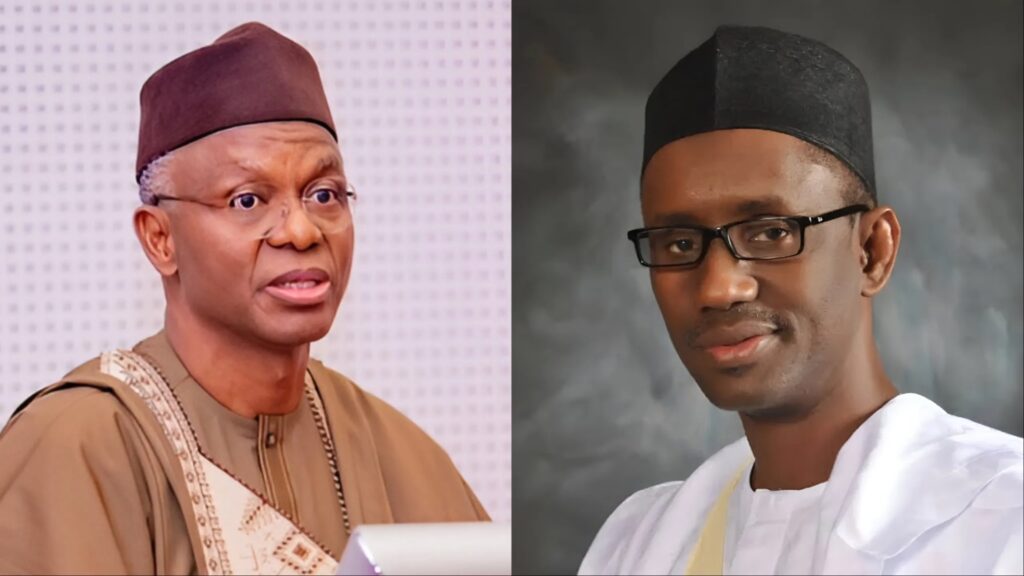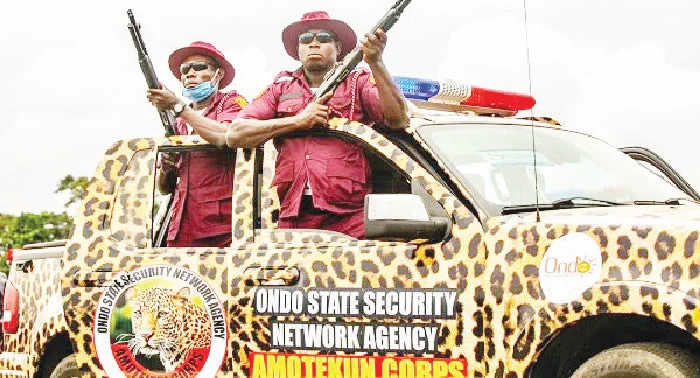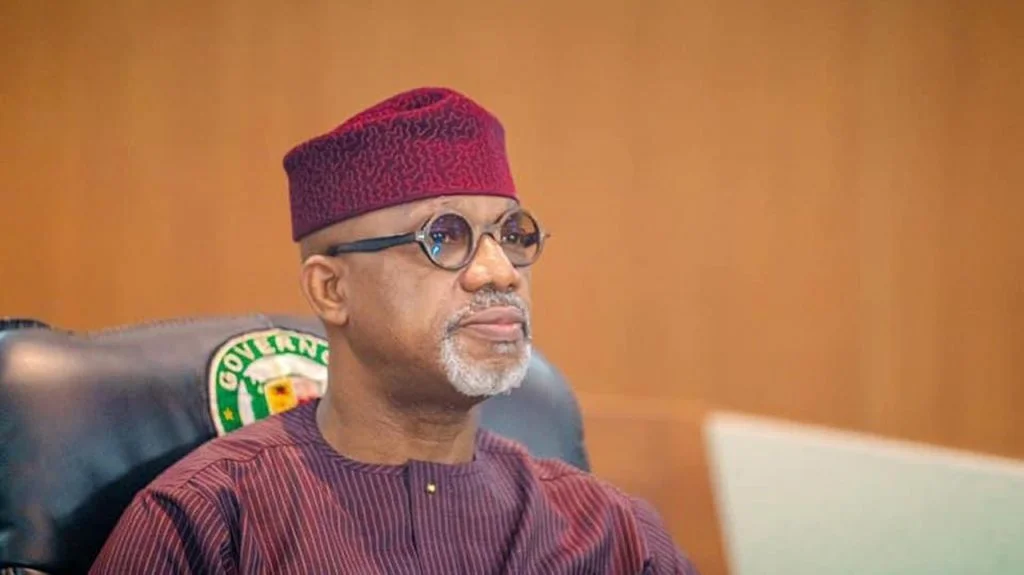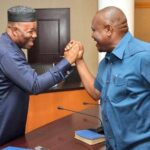Charlie Kirk: A Voice Silenced by Intolerance

By Mogaji Wole Arisekola
The world woke up in shock. News of Charlie Kirk’s sudden and tragic death tore through social media like wildfire, leaving millions reeling in disbelief. He was not just an activist—he was a fighter, a fearless truth-teller in a world that punishes honesty. His life was devoted to defending Christians under siege, and now his death stands as a chilling reminder of how dangerous it is to speak boldly in an age of intolerance.
Charlie Kirk had crossed continents, giving a voice to the voiceless and exposing brutal realities others tried to bury. He spoke with fire, telling stories that pierced the conscience of humanity. In one of his final viral interviews, he thundered against the barbaric killing of a Christian student in Northern Nigeria. That young woman’s only “crime” was her faith—yet her classmates turned into executioners, snuffing out her life in the most savage way.
That was not an isolated horror. For decades, Northern Nigeria has been drenched in the blood of innocent Christians. Towns have been razed, churches burned to the ground, and families shattered by mobs intoxicated with extremism. Violence has become a language of intimidation, justified in the name of religion. Each time, the world gasps, mourns briefly—and then forgets.
But Charlie Kirk refused to forget. He refused to look away. And for that courage, he paid the ultimate price.
The fiery Emir of Kano, Alhaji Sanusi Lamido Sanusi, recently castigated the majority of Nigerian elites. “Look around you,” he once said with burning passion. “While other nations are debating climate change and artificial intelligence, we are still trapped in poisonous arguments about tribe and religion—Yoruba or Igbo, Hausa or Christian, North or South. These are the same conversations we were having in the 1960s. And look where they’ve brought us—nowhere.”
Charlie Kirk’s death has ripped open our deepest wound: a world blessed with brilliance and resources, yet crippled by primitive hatred and divisions. Even a respected emir once admitted that the future belongs to the youth. He dared them to rise, seize leadership, and retire the old men who have dragged Nigeria backward for decades. If Charlie Kirk’s life teaches anything, it is this: silence in the face of injustice is betrayal. His death must not be in vain—it must become the rallying cry for a new generation.
Beyond his fiery activism, Charlie Kirk also understood the quiet wisdom of living deliberately. In a noisy world of endless oversharing, he guarded the sacred power of privacy. He knew that the less you reveal, the freer you are. Without the chains of public opinion, you live without seeking approval. Without the shadows of gossip and envy, you move in peace. Privacy is not weakness—it is strength.
By keeping his private life close, he invited only the right people into his circle and protected his dreams from destruction. Not everyone can be a friend. True friendship is rare, and sometimes the road to greatness is best walked in silence.
Ironically, the less Charlie spoke about himself, the more curious the world became about him. He lived boldly, spoke fearlessly, and carried his private life with dignity. His legacy is not only in the battles he fought, but also in the lesson he leaves behind: protect your peace, guard your truth, and never stop speaking for what is right.
Mogaji Wole Arisekola writes from Ibadan.









